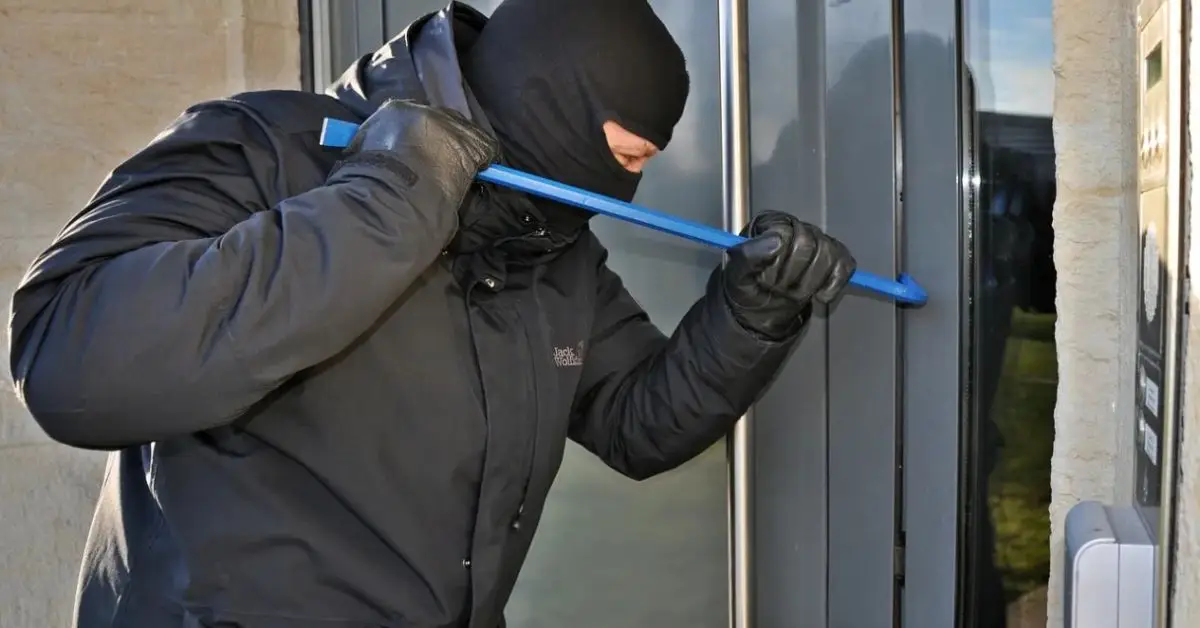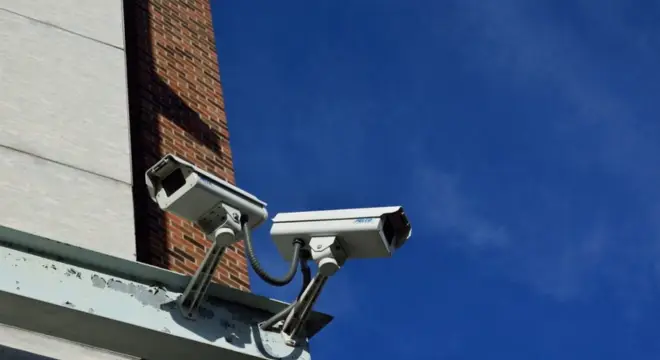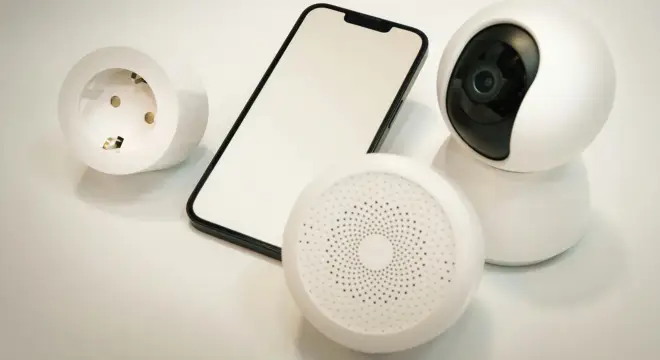7 Life-Saving Steps to Take If an Intruder Enters Your Home Alone
I know that drop in your stomach—the floor creaks, a door clicks, and you’re suddenly aware you’re alone. In that moment, your brain wants to freeze or rush in. Both can be risky. What you need are clear, simple steps to take if someone breaks into your home that protect you first, not your stuff.
Most guides repeat the same advice—“stay calm,” “call the police,” “hide.” Good basics, but they miss real-world gaps: how to make the call quietly without being heard, what to do if you have kids or pets in the house, when an escape is actually safer than hiding, and how to avoid mistakes that can mess up evidence or make you look like the threat when officers arrive.
Here’s how we’ll do it differently. I’ll walk you through seven critical moves that change outcomes in the first minute—where to position yourself, how to signal and call discreetly, how to get family to a safe spot, why you shouldn’t confront, and what to do the second help arrives. Short, practical, and built for real homes—not theory.
Before we dive in, tell me: what worries you most—making the call without being heard, getting kids/pets safe, or finding a safe exit?
Why Immediate Action Matters During a Break-In
A burglary isn’t just a rare headline—it’s happening all the time. According to research from The Zebra, a burglary occurs roughly every 30 seconds in the U.S. By the time you’ve finished this section, another home will likely have been broken into. That’s why what you do in the first few moments is so critical.
Here’s the reality: when you hear glass shatter or footsteps inside, your body often freezes. Psychologists call it the freeze response—your brain stalls because it doesn’t yet know whether to fight, flee, or hide. Those seconds of hesitation can make the difference between getting to safety or being caught in a dangerous situation.
What I want you to remember is simple: your life comes first, not your belongings. You can replace a phone or a TV. You cannot replace yourself. I’ve come across real stories on Reddit where people admitted they froze during an intrusion and regretted not acting faster. It’s a common reaction, but it’s also something you can prepare yourself to overcome.
- Acknowledge that freezing is normal—but you can move past it.
- Tell yourself quickly: “Safety first, property later.”
- Focus your energy on survival, not protecting objects.
By shifting your mindset, you give yourself permission to act decisively when it matters most.
1. Stay Calm and Get to a Safe Space First

I know staying calm is the last thing you feel like doing when someone’s in your house—but it’s exactly what helps you think straight. When adrenaline floods your system, your breathing speeds up and your thoughts race. That’s when panic takes over.
A simple breathing exercise can ground you fast:
- Breathe in through your nose for four counts.
- Hold for two counts.
- Exhale slowly through your mouth for six counts.
This slows your heart rate and gives you just enough clarity to act.
Once you’ve steadied yourself, move quickly but quietly to a room with a solid door and a lock. Bedrooms and bathrooms often work best. Take your phone if you can and stay silent.
And remember: don’t confront the intruder. Movies glamorize the idea of “fighting back,” but in real life, most burglars just want to grab something and leave. Meeting them head-on only raises the risk of violence.
- Use a locked room as your safe space.
- Keep a charged phone within reach, like near your bed.
- Choose safety over bravery—it’s not a contest.
Staying calm doesn’t mean you’re not scared—it means you’re using fear in a way that keeps you alive.
2. Call 911 (or Local Emergency) Quietly & Smartly
Once you’re in a safe spot, the next step is getting help—but the way you do it matters. Picking up the phone and speaking loudly could alert the intruder. Instead, think silent and smart.
On most smartphones, you can trigger an emergency call without fumbling through menus. iPhones and Androids both have SOS features that let you dial emergency services with a quick button press. On iPhone, for example, pressing and holding the side button with the volume button can start the call without you saying a word. You can check Apple’s official guide here.
If your area supports text-to-911, that’s even better—you can send your location and a short message without making a sound. Keep it simple:
- State your address clearly.
- Describe what you hear or see (“I hear footsteps upstairs”).
- Mention if anyone else is with you.
Whispering should be a last resort if calling is the only option. The less noise you make, the safer you stay.
3. Secure Family, Kids, or Pets Without Alerting the Intruder
If you’re not alone, your instinct will be to protect others. The key is doing it without tipping off the intruder. That’s where preparation helps.
- Use a pre-decided signal with family members (like a WhatsApp group text or a hand gesture).
- If kids are upstairs, guide them to the nearest room with a lock instead of trying to gather everyone together—it reduces movement and noise.
- Pets can give you away. If you can, quietly move them into a closed room with you. If not, calm them with a soft command.
This step is often missing in other guides, but it’s one of the most real challenges during a break-in. Your family’s safety comes before everything else.
4. Avoid Playing Hero — Don’t Confront the Intruder

The Shooter’s Log – Cheaper Than Dirt
I get it—your first instinct might be to defend your home. But confronting an intruder is one of the riskiest things you can do. Most burglars don’t want a fight; they want to grab valuables and leave. Chasing or attacking them raises the chance they’ll turn violent.
Here’s what you should keep in mind:
- Don’t chase. Let them leave with whatever they’ve taken.
- Only fight back if you’re directly attacked. Self-defence is about survival, not proving strength.
- Criminal psychology shows that burglars rarely enter homes looking for confrontation—they’re opportunists.
I’ve seen viral Facebook posts where homeowners admitted they regretted “playing hero” because it led to injury or worse. The bravest thing you can do is protect yourself and your loved ones—not your belongings. Instead of putting yourself at risk, focus on prevention. Even vulnerable spots like garages can be secured with the right approach—here are 7 smart ways to protect your garage from burglars.
5. Use Escape if It’s Safe
Hiding isn’t always the best option—sometimes, the safest move is to get out. If you have a clear path that doesn’t put you face-to-face with the intruder, use it.
- A window or side door that leads away from where the noise is coming from can be your best exit.
- Once outside, don’t linger—head straight to a neighbour’s house or a public spot where you can call for help.
- Keep a spare key and an old phone near your exit point. If you have to leave fast, you don’t want to be stranded without a way to lock up or contact police.
Think of escape as part of your survival plan, not a failure to “defend” your home. Your goal is to make it out safely—that’s the win.
6. After Police Arrive — Protect Evidence & Yourself

When the police finally arrive, it’s tempting to rush out and check your home. Don’t. Let the officers clear the space first. You don’t know if the intruder is fully gone.
Also, avoid touching anything the intruder may have handled—doorknobs, drawers, electronics. Preserving that evidence helps law enforcement catch them later.
And don’t overlook yourself in the process. Even if you weren’t physically harmed, home invasions can leave lasting emotional scars. Studies show that burglary victims often report stress, anxiety, and even symptoms similar to PTSD. Speaking with a professional or a support group isn’t weakness—it’s recovery.
- Wait until police confirm the house is safe.
- Avoid disturbing potential evidence.
- Get medical or emotional support if needed.
This step matters because safety doesn’t end with flashing lights in the driveway—it includes protecting your long-term well-being. And if you’re planning to be away from home, preparation is just as important. Check out these 10 things to do before leaving town so burglars stay out to keep your property secure even when you’re not around.
7. Long-Term Prevention Steps
Once the immediate danger is over, the next question is: how do you make sure it doesn’t happen again? Prevention won’t erase the fear, but it can give you back a sense of control.
- Install a smart doorbell or camera so you can see who’s outside before opening the door.
- Reinforce entry points with stronger locks, steel doors, or window bars.
- Practice “safe-room drills” with your family. Just like fire drills, everyone should know where to go and what to do if a break-in happens.
These steps aren’t about living in fear—they’re about being ready. Taking action gives you back the peace of mind that someone tried to steal from you. Along with simple reinforcements, you can also explore 11 smart home tools that keep your house safe from burglars—from doorbell cameras to motion sensors—that add an extra layer of protection.
For practical prevention ideas, the Reolink blog shares real tips on cameras, alarms, and making your home less of a target.
Key Takeaway
In the end, every step comes back to one simple truth: your safety matters more than your stuff. Burglars can take valuables, but they can’t take you if you stay focused on survival.
To make it easy to remember in the heat of the moment, keep this 3S Formula in mind:
- Stay Calm – slow your breathing, keep panic in check.
- Secure Yourself – get to a locked safe space or escape if possible.
- Seek Help – call 911 or text emergency services discreetly.
If you can recall these three actions, you’ve already prepared yourself better than most.
Conclusion
Break-ins are terrifying, and no one wants to imagine one happening in their own home. But by thinking through the steps now, you’re giving yourself and your loved ones the best chance to stay safe if it ever does. From calming your breath, to quietly signaling family, to knowing when to escape—every move you make should put life first.
I’d love to hear from you—what’s the one part of a break-in that worries you most: calling for help quietly, protecting kids or pets, or figuring out an escape? Drop your thoughts in the comments below.
For more practical, safety-focused guides on protecting your home and family, visit us anytime at Build Like New. Your safety and peace of mind are worth every step.
Disclaimer: This article is for general information and safety awareness only. It should not be taken as legal, medical, or professional advice. In an actual emergency, always follow the guidance of law enforcement and local emergency services.


